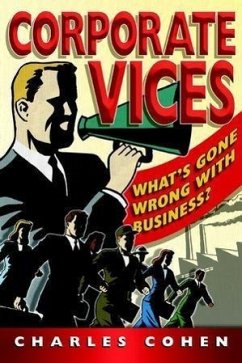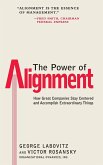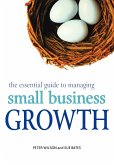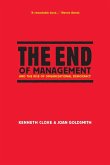This book will help you rediscover the simple, unchanging, first principles that lie behind today s complex and logically challenged corporate world. Only the simple things are sharp enough to help you cut to the heart of some of the most stubborn problems in organization, leadership, technology and management. This is a book about how to choose.
Corporate Vices uncovers the real performance gap in modern corporations between good business practice that builds companies, and bad corporate habits that eventually bring them down. It builds a detailed picture of how wayward corporations often try too hard, think too little, and forget too much. And it offers a sharp contrast with companies, large and small, that are good businesses, and how they manage to stay that way.
Looking behind the headlines of spectacular corporate disasters, such as Enron and Marconi, as well as corporations that are under pressure and going nowhere, Corporate Vices identifies the common theme of badly run companies, that they fail to realise, or just forget, the importance of business basics, such as productivity, as they explore ever more sophisticated and expensive ways of satisfying other more immediate, like keeping cash profits high to satisfy shareholders - even at the expense of productivity. Corporate Vices explores the complex roots andthe story of how corporations have allowed themselves to turn business logic on its head with such ease.
Corporate Vices puts an alternative way of running companies on the table in its many examples of good businesses. These are companies that manage to keep their eye on the ball, even at a price: not achieving corporate glory, turning down the latest technology, and opportunities to enter new markets.
Most of all, Corporate Vices makes it clear how to spot the difference, and then to fix it. It asks the questions, which everyone stuck in a bad company can't seem to answer, like,
_ Where did we start to go wrong?
_ What does the CEO think he's doing?
_ Why can't anyone make a decision any more?
_ Whose idea was this merger?
Hinweis: Dieser Artikel kann nur an eine deutsche Lieferadresse ausgeliefert werden.
Corporate Vices uncovers the real performance gap in modern corporations between good business practice that builds companies, and bad corporate habits that eventually bring them down. It builds a detailed picture of how wayward corporations often try too hard, think too little, and forget too much. And it offers a sharp contrast with companies, large and small, that are good businesses, and how they manage to stay that way.
Looking behind the headlines of spectacular corporate disasters, such as Enron and Marconi, as well as corporations that are under pressure and going nowhere, Corporate Vices identifies the common theme of badly run companies, that they fail to realise, or just forget, the importance of business basics, such as productivity, as they explore ever more sophisticated and expensive ways of satisfying other more immediate, like keeping cash profits high to satisfy shareholders - even at the expense of productivity. Corporate Vices explores the complex roots andthe story of how corporations have allowed themselves to turn business logic on its head with such ease.
Corporate Vices puts an alternative way of running companies on the table in its many examples of good businesses. These are companies that manage to keep their eye on the ball, even at a price: not achieving corporate glory, turning down the latest technology, and opportunities to enter new markets.
Most of all, Corporate Vices makes it clear how to spot the difference, and then to fix it. It asks the questions, which everyone stuck in a bad company can't seem to answer, like,
_ Where did we start to go wrong?
_ What does the CEO think he's doing?
_ Why can't anyone make a decision any more?
_ Whose idea was this merger?
Hinweis: Dieser Artikel kann nur an eine deutsche Lieferadresse ausgeliefert werden.
"...he does address repeatedly, and in all aspects, the core question many have asked for 15 years..." (The Guardian, 2 November 2002)
"...overall this is a very enjoyable book to read...if the book gets you thinking about your own excesses it can't be a bad thing..." (Ps.advisor)
"...A hard hitting and uncompromising style. Self-tests that challenge the way you view your business and make you question your own practises. A positive tone that encourages you not to make the same mistakes..." (Internet Works, January 2003)
'The book is an addictive read...' (Venture, March 2003)
"...He offers practical and thoughtful solutions...Buy it..." (Marketing Is Everything Vol. 1, No. 2, 2003)
"...overall this is a very enjoyable book to read...if the book gets you thinking about your own excesses it can't be a bad thing..." (Ps.advisor)
"...A hard hitting and uncompromising style. Self-tests that challenge the way you view your business and make you question your own practises. A positive tone that encourages you not to make the same mistakes..." (Internet Works, January 2003)
'The book is an addictive read...' (Venture, March 2003)
"...He offers practical and thoughtful solutions...Buy it..." (Marketing Is Everything Vol. 1, No. 2, 2003)








